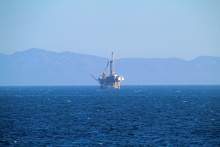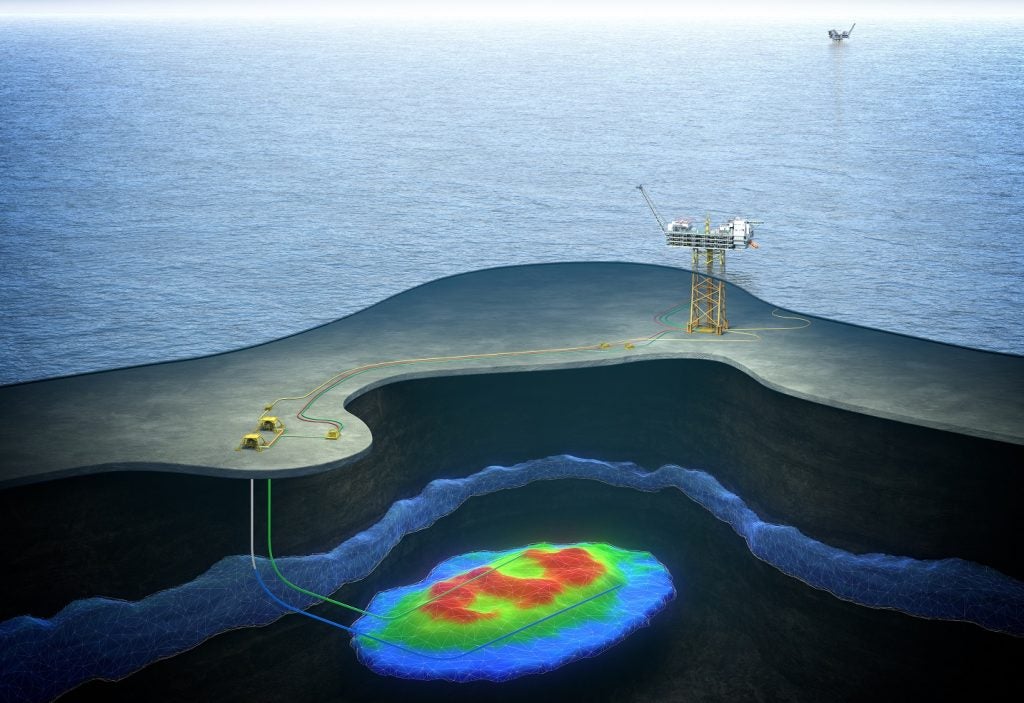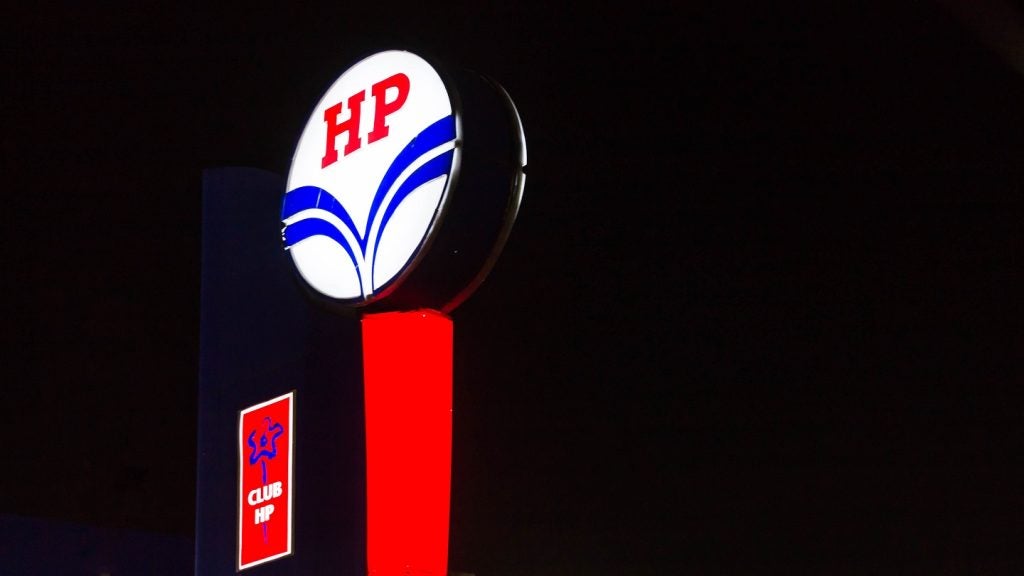

Italy has taken what some consider to be an overly cautious approach to offshore oil and gas exploration since the 2010 Macondo Deepwater Horizon oil spill disaster in the Gulf of Mexico, after which it was the only country to temporarily ban all oil and gas exploration and production (E&P) in its waters.
In its latest round of restrictions introduced in September, the country’s Industry Ministry by decree imposed a 12-mile ban on E&P activities within Italy’s coastlines and protected area, and also shut the Tyrrhenian Sea east of Sardinia and opened up a new area west of Sardinia. The changes effectively halve area where companies can explore for oil and gas.
All E&P activities, except those granted pre-2010, will now be focused in the new areas which are believed to have high potential but low environmental impact, and are typically in deepwater.
"We are supporting the development of strategic national resources by concentrating hydrocarbon research and development in a few marine areas that have the highest potential and the least potential environmental impact," industry minister Flavio Zanonato said at the time.
See Also:
However, the legislation seems at odds with the country’s need to reduce its cost of energy, and its pledge to increase its energy production and rely less on imports.
How well do you really know your competitors?
Access the most comprehensive Company Profiles on the market, powered by GlobalData. Save hours of research. Gain competitive edge.

Thank you!
Your download email will arrive shortly
Not ready to buy yet? Download a free sample
We are confident about the unique quality of our Company Profiles. However, we want you to make the most beneficial decision for your business, so we offer a free sample that you can download by submitting the below form
By GlobalDataCurrently, Italy relies heavily on imports – up to 90% – from countries such as Russia and Libya. It also pays some of the highest energy bills in the EU. Eurostat data showed businesses in Italy paid around 40% more for their power in the second half of last year than the EU average.
Many believe, including academic Prof. Giacomo Luciani from the Graduate Institute Geneva, that Italy has simply brought in the decree to "allow people who are keener on the environment to impose their line, which is a feature in many European countries."
Industry response has been lukewarm
Giuseppe Rigo, managing director of exploration company CYGAM Energy Italia, says the most significant element of the decree is the prevention of E&P activities off the entire Tyrrhenian coast and the opening of new deepwater areas – around 2,500 metres deep – west of Sardinia.
"The first [Tyrrhenian Sea ban] could be considered negative even if the exploration potential of the Tyrrhenian area is minimal compared to other more prolific zones," says Rigo.
The decree means a reduction in offshore acreage from 255,000 square km to 139,000.
Matteo Mazzoni from NE Nomisma Energia, an independent research company that deals with energy and environmental issues, says it makes sense to implement limitations that have an environmental root, but that the decree isn’t particularly progressive.
"It certainly reduces the visual impact of the offshore activities but it scarcely addresses all the environmental concerns connected with E&P activity," he says.
If reaction to the decree has been lukewarm so far, will investors and companies be put-off by what some consider to be Italy’s overly cautious approach to offshore oil and gas?
Currently, the biggest operators in Italy are Eni, Edison, Anglo-Dutch, Royal Dutch Shell and France’s Total, who all have operations offshore its coast.
Mazzoni doesn’t think the decree will put new companies off because industries, such as these companies, operating in the Italian market have managed to develop "specific capacities" that enable them to work in a complex and sometimes "adverse environment," as he puts it.
"When you have to deal with an authorisation process that on average takes twice the time [of] the usual European process, or the fierce opposition of local communities against almost any new industrial project, you realise you need to build strong capacities to overcome all the different barriers," he says.
Rigo says Italian politics during the last few years has often been discouraging towards oil companies, but that companies need to "consider the big impact our activities have on people and our opponents."
Mazzoni adds that another relevant issune usually underestimated is the role of royalties, which could lead to tensions between industries and local communities. Currently, the state is the main recipient of offshore royalties paid by industries on the continental shelf, he says.
"A change in the structure, with a shift from the state to local communities, may potentially soften the approach with which each single new project is now perceived. Engaging local stakeholders in the process, and making them the main recipient of the economic benefits of the industrial activity could be a key move for unlocking numerous investments."
The proposal has been already formulated by the new minister but so far has not followed through, he points out.
According to an insider in the ministry who spoke to Reuters, the new areas west of Sardinia have had some interest from US companies already.
New challenges – deepwater drilling
As well as Italy’s "adverse environment" towards offshore E&P activities the new areas offered are designed to hasten drilling in deepwater areas, which could prove difficult for many junior companies, such as CYGAM Energy.
"These new measures will certainly put junior companies in a difficult position and will also increase the gap with the majors," says Rigo.
However, although a focus on deepwater drilling will mean juniors may have to partner big companies, it could also mean more promising prospects but be more expensive and include a greater spill risk.
"Of course it is more expensive and you need experience but this experience exists," says Prof. Luciani.
"Deepwater drilling is happening around the world I don’t see why it should not happen in the waters in front of Italy," he adds.
Chairman of 2B1st Consulting Jean-Charles Guilhem says a spill in deepwater would see an immediate stop in all production but "since the deep offshore technologies are now well known the risk of spill is very limited."
Italy’s long-term energy strategy
Although, the new decree has been received mostly negatively from industry, which is really no surprise, the challenges and restrictions it poses, as talked about, are in no way entirely obstructive to industry; but what about its impact on Italy’s long-term energy strategy?
In 2012 Italy introduced the National Energy Strategy (SEN) that proposed doubling domestic production by 2020, which in that year covered seven percent of the national energy demand. It intends to do this by an increase in national production, diversification of sources, higher energy efficiency and restructuring the Italian refining sector. This would help reduce energy prices in Italy, which are currently some of the highest in Europe.
With no nuclear power and a very limited use of coal, Italy has been dependent on natural gas to fuel its power generation.
"It’s very unlikely that Italy will reach the goal set by the SEN, no matter the enforcement of the decree," says Mazzoni.
He adds the problem is not just reliant on fixing one specific factor.
"On one side there is the high import dependency [which] in many cases results in higher prices. On the other hand, though we produce just eight percent of national oil consumption, the price of oil products is not far from the EU average.
"The real burden on oil derivatives is due to the numerous taxation levies that Italian Governments have been used to put on them whenever they need to cash in rapidly," he says.
Italy is also burdened by huge subsidies for renewable energy that drives prices up. As reported in Reuters, Italy’s energy regulator calculated that of the € 514 on average that Italian consumers will pay this year for their electricity, some € 93 will go to pay green subsidies.
Guilhem also doesn’t believe energy prices will decrease in Italy but that energy prices in Europe will align with Italy’s prices, due to most European countries subsidising their energy price – he refers to nuclear power in France – in one way or another.
Mazzoni offers some solutions. He suggests Italy may become a major gas hub for the EU in the next decade, something also envisaged by the SEN, and by "further diversifying its import sources, now largely concentrated in just three countries, [it] will add downward pressures on prices."
A clear concise strategy
A reduction in energy price is the Holy Grail for all European countries, not just Italy, but this may be out of Italy’s grasp for the very near future.
However, the impact the exploration restriction has on price is hard to calculate because it’s not the sole factor, as Mazzoni has highlighted, but it’s reasonable to acknowledge it doesn’t make the goal more attainable but harder.
When looking at attracting offshore E&P companies to Italy’s new offshore offerings and increasing domestic production of oil and gas, one specific issue is raised by nearly all industry experts and insiders – the country’s business practices.
The need for a smoother, less complicated and overly lengthy regulation process is paramount for Italy to attract further invest and E&P activities now it has settled its exploration areas.
Guilhem echoes this point. He says Italy is working in its "own way" to reduce its reliance on exports and has "real opportunities to achieve this", however, "the Italian Government still needs to set the confidence that this region has changed century in term of business practice."
Related content
Offshore Israel – finding an export solution amid geopolitical tensions
Home to two of the biggest gas discoveries in the last decade, Israel needs to find a cost efficient and manageable gas export solution fast.
North Sea data reveals extent of oil and gas pollution
Mandatory reported data has revealed there are up to sixty spills a month happening in the North Sea alone.


.gif)




